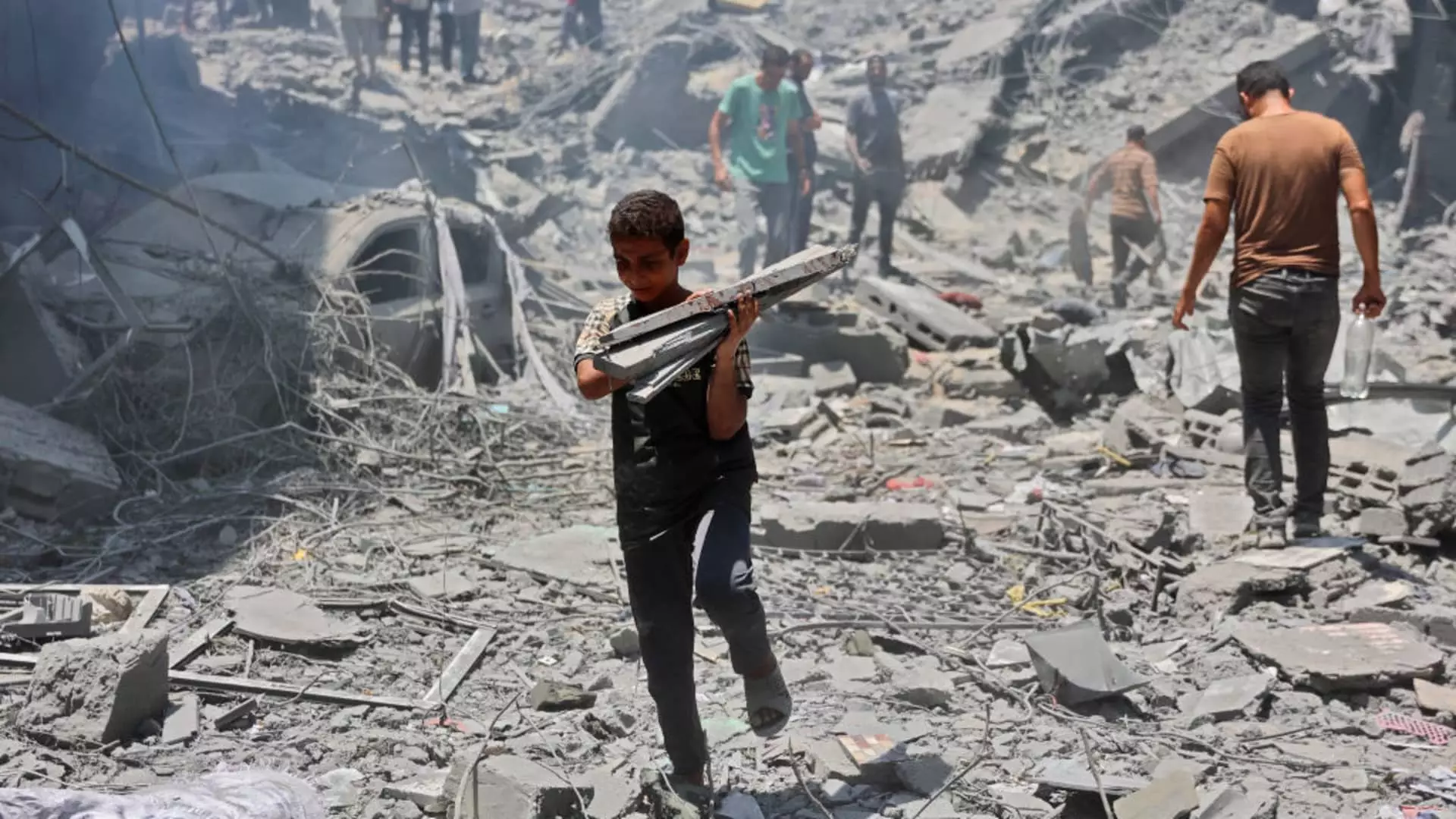Israeli Prime Minister Benjamin Netanyahu has indicated that the intense phase of fighting in Gaza is nearing its end, although he made it clear that the broader conflict against Hamas continues. In a recent interview with an Israeli news outlet, Netanyahu mentioned that as the intense phase concludes, Israeli forces will be redirected towards the northern border with Lebanon to address heightened hostilities with Hezbollah, an Iran-backed group.
Thousands of Israeli and Lebanese civilians have been displaced due to the conflict that started in October, with the Israeli Defense Forces targeting Hamas in Gaza. Netanyahu emphasized the need to bring evacuated residents back home, whether through diplomatic means or alternative methods. The shift in military focus towards the northern border with Lebanon comes as a response to the escalating situation with Hezbollah.
When asked about the timeline for the finalization of combat against Hamas, Netanyahu indicated that it would be very soon but did not provide specific details. He stressed the importance of not stopping the campaign abruptly, especially in the city of Rafah, which accommodated a significant portion of the Gaza population before the conflict started. Netanyahu highlighted the necessity of eliminating Hamas capabilities to pave the way for Israeli military control in Gaza.
Netanyahu expressed his belief that military control in Gaza is essential and ruled out the possibility of settling in the territory. This stance opposes the creation of an independent Palestinian state, a concept supported by some Western nations. He also dismissed the idea of transferring regional governance to the Palestinian Authority, which administers most Palestinians in the occupied West Bank.
Despite discussions about transitioning to a lower-intensity campaign, Netanyahu reiterated that Israel would not halt the war until Hamas is substantially weakened. He emphasized Israel’s readiness to confront multiple challenges and engage with groups like Hezbollah, if necessary. Tensions between Israel and Lebanon have heightened in recent days, with both sides exchanging threats of all-out war.
In an attempt to alleviate tensions in the region, U.S. special envoy Amos Hochstein engaged with Israeli and Lebanese leaders. German Foreign Minister Annalena Baerbock also announced plans to visit Lebanon to address the concerning border situation. The United States has been a staunch supporter of Israel but has faced scrutiny over its military assistance and concerns about the toll of the conflict on Palestinians.
Netanyahu raised concerns about a decrease in arms shipments from the U.S. to Israel, stating that there has been a significant drop in supply over the past few months. The strained relationship between the two nations has been further highlighted by Netanyahu’s comments about the lack of change in the situation despite repeated requests for expedited armament deliveries.
The conflict in Gaza continues to have far-reaching implications, with various stakeholders involved in seeking a resolution to the ongoing hostilities. The future remains uncertain as the situation evolves, and diplomatic efforts are crucial in navigating towards a more peaceful outcome.


Leave a Reply